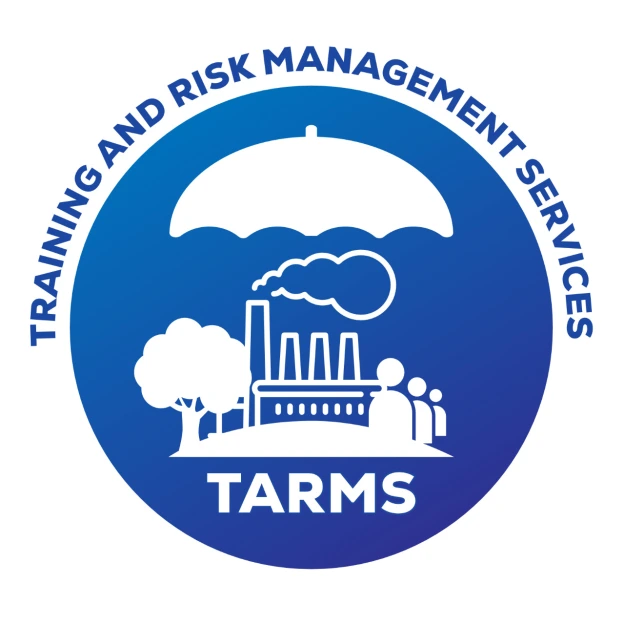Absolutely. Accidents are often the result of someone not following proper safety procedures or not being attentive to their surroundings. It’s important to always follow established safety protocols and to be aware of potential hazards to prevent accidents from occurring. It’s also important to take responsibility for one’s actions and to fix any potential hazards that are within one’s control. By doing so, we can help to reduce the likelihood of accidents happening
It’s a good idea to take stock once in a while by asking ourselves: Do any wrong attitudes apply to me?
- Selfishness—the “me first” attitude responsible for so much lack of consideration for others, commonly referred to as discourtesy.
- Self-importance—the idea that “I’m too big for rules; they apply only to the other guy.”
- Overconfidence—“I’m good. I don’t have to be careful. I know it all.”
- Chance-taking—the “live dangerously” concept, sometimes involving great faith in luck (“It can’t happen to me”).
- Fatalistic attitude—“you go when your number is up, and what you do doesn’t make any difference.”
- Hostility is a constant “unfocused” feeling of anger towards others, resulting in an attitude of aggression.
- An attitude of inferiority—“I won’t be pushed around.”
- Competitive “trying to get ahead”—to beat the other fellow.
- Unconscious self-destruction—an attitude frequently noted by psychologists, a need to injure one’s self.
- Horseplay—showing off.
- Pleasure in destruction—a personality maladjustment in which pleasure is derived from destroying things.
- Transfer of guilt—creating situations in which blame can be placed on others, thus relieving feelings of guilt on the part of the instigator.
- My safety is not a core value to me.

